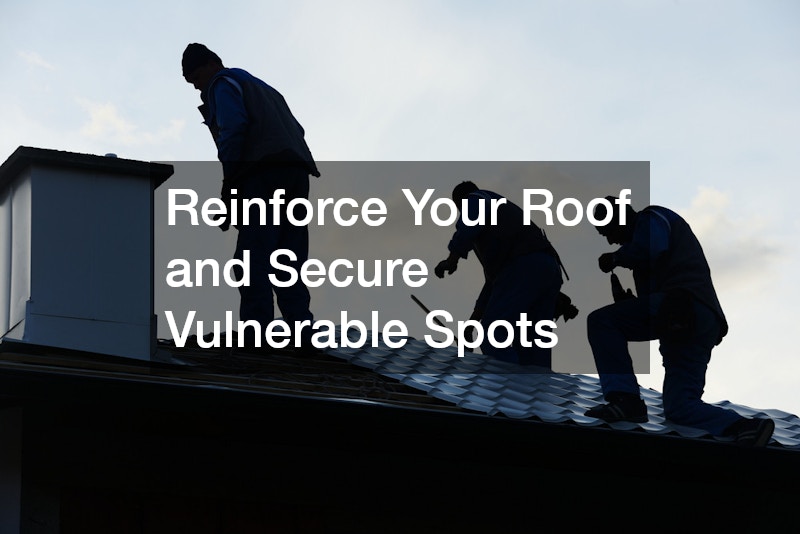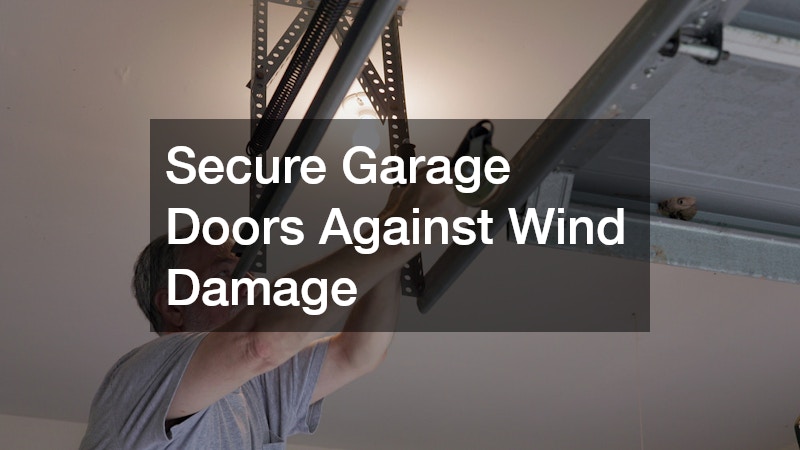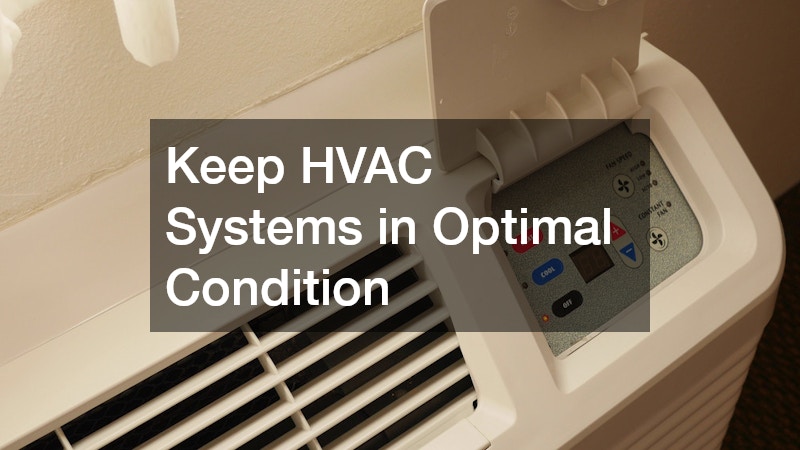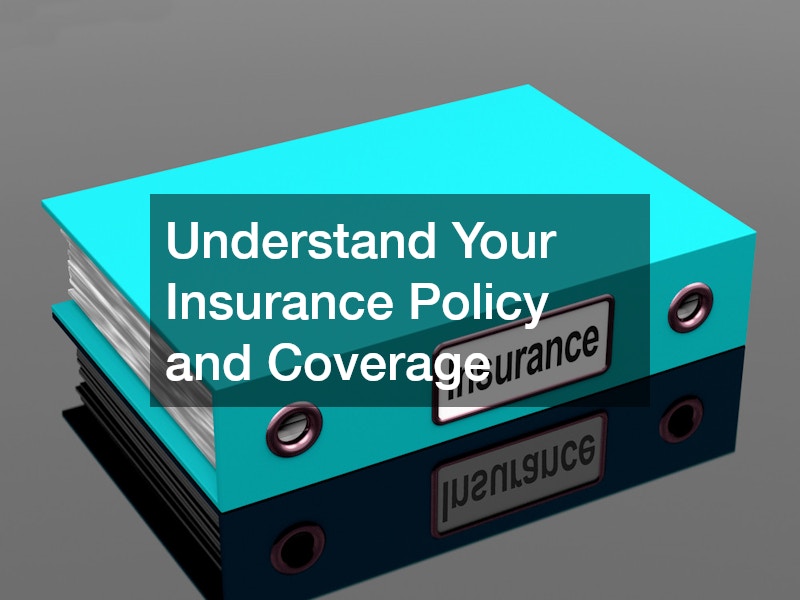When a hurricane is approaching, preparation becomes essential—not only for protecting your property but also for ensuring the safety and comfort of everyone in your home. Riding out a hurricane requires careful planning and attention to detail to minimize damage and reduce risks. From reinforcing your home’s structure to stocking up on necessary supplies, the steps you take before the storm hits can make all the difference in your experience during and after the event.
Hurricanes can bring powerful winds, heavy rainfall, flooding, and flying debris that can easily damage roofs, windows, siding, and other critical parts of your home. Without proper preparation, these forces can lead to costly repairs and even dangerous situations for you and your family. As you prepare to ride out a hurricane, it is important to assess your property, secure vulnerable areas, and work with trusted professionals to ensure your home is as resilient as possible.
This guide covers key ways to prep your home before riding out a hurricane, helping you safeguard your space and give yourself peace of mind. We’ll explore strategies from checking structural elements and installing protective features to ensuring backup power and having emergency systems in place. Each section will provide practical advice and considerations that homeowners should keep in mind.
Preparing for a hurricane isn’t just about reacting to an emergency; it’s about proactive steps that reduce risk and maximize safety. Whether this is your first hurricane or you have experience, having a thorough plan is vital. Understanding the role of experts such as roofing companies, siding contractors, and local generator services can enhance your home’s resilience. The insights here are designed to help you face the storm with confidence.
1. Reinforce Your Roof and Secure Vulnerable Spots

The roof is the most exposed part of your home during a hurricane. High winds can lift shingles or cause entire sections to blow off, exposing the interior to rain and debris. It is crucial to inspect and reinforce your roof well before the storm approaches. Contact reputable roofing companies to evaluate your roof’s condition and complete any necessary repairs or reinforcements. This can include installing hurricane straps, replacing worn shingles, and sealing any gaps.
Securing your roof helps prevent water intrusion and structural damage, which are common issues when riding out a hurricane. Besides roofing, other vulnerable spots like chimneys or skylights should be examined and reinforced as needed. Proper roof maintenance is a critical first step to protecting your home from the intense forces of a hurricane.
Taking these precautions reduces the chances of needing emergency roof repairs after the storm. While preparing for a hurricane, you’ll want to make sure that your insurance company is updated about any recent upgrades, so your coverage reflects the enhanced protection measures in place.
2. Fortify Windows with Storm-Resistant Options
Windows are often the weakest points when facing hurricane-force winds. Broken glass can cause serious injury and damage inside your home. One of the best ways to prepare is to install hurricane windows or retrofit existing windows with protective storm shutters or impact-resistant panels.
Hurricane windows are specifically designed to withstand high winds and flying debris. They help maintain the integrity of your home’s envelope, preventing water and air infiltration. If installation is not feasible, boarding up windows with plywood is a temporary solution but not as effective as dedicated hurricane windows.
When riding out a hurricane, having properly secured windows can keep your home safer and your family more comfortable. Consult with siding contractors or window specialists about the best options for your home. Ensuring that windows are properly sealed and reinforced will make a huge difference when the storm arrives.
3. Check and Repair Exterior Walls and Siding
The exterior walls and siding serve as your home’s first line of defense against wind and water damage. Damaged or loose siding can become a hazard, breaking off and causing further destruction. Before the hurricane season, it’s essential to have siding contractors assess the condition of your exterior surfaces and perform repairs or replacements as necessary.
Properly maintained siding helps prevent moisture from penetrating your home, which can lead to mold, rot, and structural weakening. Riding out a hurricane with strong, intact siding reduces the likelihood of costly water damage inside your home.
Besides siding repairs, you may want to clear debris and trim nearby trees or shrubs that could damage your walls during the storm. The more secure your exterior, the better protected your entire home will be.
4. Secure Garage Doors Against Wind Damage

Garage doors are large and often less reinforced parts of a home, making them vulnerable during hurricanes. Strong winds can cause doors to collapse or blow open, which may lead to structural damage or allow water and debris inside. Garage door repair companies can provide assessments and recommend reinforcements or replacements.
Installing impact-resistant or hurricane-rated garage doors is a strong defense against wind pressure. If upgrades are not possible, reinforcing existing doors with braces and heavy-duty hardware can provide temporary protection. Securing your garage door properly is crucial when riding out a hurricane, especially since this area often stores vehicles and essential items.
Neglecting garage door protection can lead to serious consequences, including damage to vehicles and flooding inside the garage, which may extend to other parts of the house. Taking steps to secure this entry point is a smart and effective preparation measure.
5. Prepare Outdoor Spaces and Remove Hazards
While your home’s interior is important, outdoor spaces should not be overlooked. Loose items like patio furniture, grills, and gardening tools can become dangerous projectiles during high winds. Outdoor kitchen contractors can help design spaces that are easier to secure or protect during a storm.
Before riding out a hurricane, remove or firmly secure all loose outdoor items to prevent damage and injury. Cover outdoor kitchen appliances and furniture with waterproof tarps or store them in a shed or garage if possible. Consider trimming trees and removing dead branches near your home.
Properly preparing your outdoor areas reduces the risk of wind-driven debris damaging your home or neighbors’ properties. It also makes cleanup easier after the storm has passed, allowing you to recover more quickly.
6. Ensure Reliable Backup Power
One of the most important elements when riding out a hurricane is having reliable power in case of outages. Hurricanes frequently cause extended blackouts, so preparing backup power sources is essential to maintain lighting, refrigeration, and communication.
Local generator services can install standby generators that automatically provide power during outages. Portable generators are another option but require safe operation away from windows and proper fuel storage. Having backup power can keep your HVAC system running to control indoor temperatures and protect sensitive equipment.
Planning for power loss ahead of time helps you avoid the stress and risks associated with extended outages. It is wise to test your backup generator before the storm to ensure it will work when needed. Backup power is a cornerstone of hurricane preparedness.
7. Keep HVAC Systems in Optimal Condition

Your HVAC system plays a crucial role in maintaining comfort and air quality, especially when riding out a hurricane. High humidity and moisture levels can create uncomfortable and unhealthy indoor environments. It’s important to have your HVAC system inspected and serviced before hurricane season.
Regular maintenance by licensed professionals can prevent breakdowns during critical times. Ensuring your system has clean filters, functional drainage, and no leaks will help it perform efficiently. If power outages are expected, coordinate with local generator services to keep the HVAC running.
During a storm, a working HVAC system helps prevent mold growth caused by dampness and keeps family members comfortable. Preparing your system in advance is a practical step in overall hurricane readiness.
8. Check and Maintain Fire Alarm Systems
While hurricanes mainly threaten homes with wind and water damage, power outages and electrical issues can lead to fire hazards. Ensuring your fire alarm systems are fully operational before riding out a hurricane is an essential safety measure.
Test your alarms regularly and replace batteries as needed. Consider installing interconnected smoke and carbon monoxide detectors for enhanced protection. A functional fire alarm system can alert you quickly to dangers even during power failures.
Safety systems often get overlooked in hurricane preparations, but they play a vital role in protecting lives. Make it a priority to confirm that your alarms and emergency lighting are ready to function under any conditions.
9. Inspect Electrical Wiring and Safety
Hurricanes can cause electrical surges, power outages, and exposed wiring hazards. To minimize risks, have licensed electricians inspect your home’s wiring and electrical panels before the storm season. They can recommend surge protectors, grounding improvements, or necessary repairs.
Faulty wiring can increase the chances of electrical fires or equipment damage during a storm. Safe and up-to-code electrical systems help keep your home secure while riding out a hurricane. Electricians can also advise on safely operating backup generators or other equipment.
Addressing electrical safety proactively reduces potential hazards and improves your home’s overall storm readiness.
10. Understand Your Insurance Policy and Coverage

Dealing with insurance claims after a hurricane can be stressful and confusing. One of the best ways to prepare is by thoroughly understanding your insurance company’s policies regarding hurricane damage. Make sure your coverage includes wind, flood, and water damage as applicable.
Document your home’s condition with photos and keep receipts for recent repairs or upgrades. Discuss any home improvements, like hurricane windows or roofing reinforcements, with your insurance company so your policy reflects the increased protection.
Knowing your insurance coverage and how to file claims can ease recovery efforts. This knowledge is an important part of preparing your home and yourself before riding out a hurricane.
11. Create an Emergency Supply and Safety Plan
Beyond physical preparations, having a clear plan for emergencies is critical. Prepare an emergency kit with essentials like water, non-perishable food, medications, flashlights, batteries, and first aid supplies. Make sure everyone in your household knows evacuation routes and emergency contacts.
Store important documents in waterproof containers and keep phone chargers handy. Communication devices and backup power can be lifesavers if phone lines go down. Having a family plan ensures everyone knows how to act and where to go.
Combining physical home preparations with a solid safety plan makes riding out a hurricane safer and more manageable.
12. Final Preparations and Staying Informed Through the Storm
As the hurricane draws near, final steps become crucial. Secure all windows and doors, double-check outdoor items are stored or tied down, and turn off utilities if instructed. Stay tuned to weather updates via radio, television, or mobile apps.
Coordinate with local authorities and follow evacuation orders if necessary. If you plan to stay, keep emergency supplies close and prepare for possible isolation. Maintain communication with your insurance company and service providers for post-storm assistance.
Riding out a hurricane is challenging, but being well-prepared with support from roofing companies, electricians, local generator services, and other professionals helps protect your home and family. Your efforts before the storm significantly affect your safety and recovery afterward.
Preparing your home before riding out a hurricane is a comprehensive process that requires time, attention, and often the help of skilled professionals. From reinforcing the roof and installing hurricane windows to securing garage doors and outdoor spaces, every precaution reduces the risk of damage and injury. Proper maintenance of HVAC and fire alarm systems, along with electrical safety checks, further ensures that your home can withstand the storm’s harsh conditions.
Equally important is planning for power outages by arranging backup generators, and understanding your insurance coverage to facilitate smoother recovery. An emergency supply kit and clear family safety plan add another layer of security and peace of mind during the unpredictable event.
Hurricanes are powerful and unpredictable, but your proactive preparations can make the difference between devastation and resilience. Working closely with trusted roofing companies, siding contractors, electricians, garage door repair companies, outdoor kitchen contractors, and local generator services strengthens your home’s defenses.
Riding out a hurricane is never without challenges, but thorough preparation allows you to face the storm with confidence, protect your loved ones, and recover more quickly afterward. Prioritize these steps early, communicate with your insurance company, and stay informed throughout the season to ensure your home and family are ready for whatever comes.
